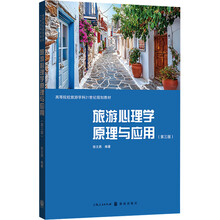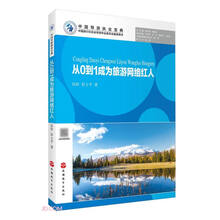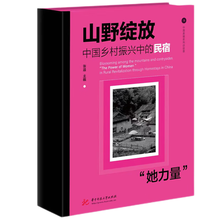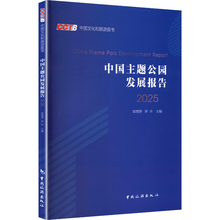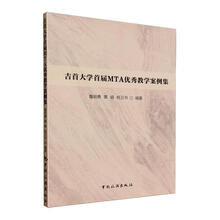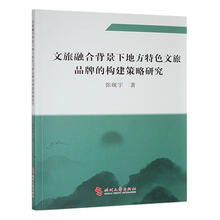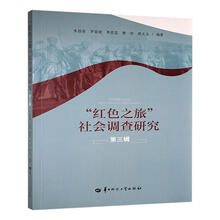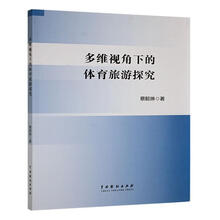《旅游管理前言·当东方遇到西方:跨国空间中的国际旅游体验(英文)》:
Being a foreigner with limited English skills also limited the travelers' mobility and their ability to interact with local people during their leisure time. For instance, Zhao thought that his lack of language skills limited his enjoyment of the "fun part" of the trip, He obviously did not share Bao's feelings when it came to the "intemational" atmosphere on the UIUC campus:
Sometimes we give it a second thought before going out. Usually we ask somebody, such as the Chinese students or even their kids to accompany us.
We are sort of dependent. We cannot go out by ourselves. This is not a tourist city , so I feel the local people expect you to speak perfect English. It is not likein New York, where you hear all kinds of weird English. I felt more comfortable to open my mouth there. It would be much more fun if we could establish contact with some common American families. But it must be hard, no one wants to invite strangers who speak poor English, I guess.
The awareness of language limitations largely influenced how the travelers chose to communicate and interact with the local people. For instance, Cui had to rely on the translator to understand most of the classes. For the same reason, he always had to go out with other group members. "People know that you are a foreigner as soon as you open your mouth or when they see a group of us sitting together on a bus speaking Chinese. It shows itself. " he said. Xu was "brave enough" to have some "short" and " simple" interactions with Americans while doing shopping or waiting for a bus, but his lack of English fiuency constrained his ability to participate in long conversations. As he put it, "You don't want to make fool of yourself. So you just shut up to avoid those embarrassing moments. " Similar sentiment was expressed by Wu, who believed that poor English skills must have made him sound "shallow" in the eyes of the local people. As he said, "When I try to express myself in English, I guess, I can only convey 60o/o of what I want to say. I mean at most. " Jiang was one of the group members who could speak English fluently and, because of that, was always asked for help when translation was needed. He was obviously less bothered by the language bamer, however, interestingly, had a stronger sense of being a foreigner:
In China, I thought my English was good and I always heard people saying "you English is so good". So my English made me feel good. But here, you can never be better than the native speakers, right? And they speak differently from what we learned in China. So I feel stronger that I am speaking in a foreign language.
The common approach most travelers used to avoid awkward situations caused by the language bamer was to spend free time with other "foreigner" living in the neighborhood. The community that the travelers lived in was very diverse and included many intemational students, scholars and their families, including those from China. Many travelers enjoyed living among people of various ethnic backgrounds and, particularly, among other Chinese nationals. They felt close to these people since, as Yuan put it, "among the foreigners you do not feel you are a foreigner. " They got to know their neighbors shortly after their arrival, socialized with them, and asked them for help when necessary. The experience was particularly interesting in the sense that this was the first time for most of the travelers to experience the life of overseas intemational populations with themselves being foreigners.
What was also brought up by the travelers, however, was the difference between them and other foreign populations living in the neighborhood. The perception of such difference was a result of their awareness of their status as travelers who will stay at the destination for only a limited period of time.
……
展开

